On Tuesday, Groningen, the Netherlands-based QT Sense, a startup specialising in developing quantum sensing to improve our knowledge of diseases, raised €6M in funding.
The funding combines equity investment from quantum-focused VC fund QDNL Participations, plus a group of angels, with grant funding from Interreg Europe.
Based out of Amsterdam, QDNL Participations is a globally focused, independent venture capital fund dedicated to investing in quantum technology.
“What we noticed in the QT Sense team was the rare combination of deep quantum sensing and life sciences expertise, along with a good understanding of building and selling products. It is exceptional teams like theirs that will move quantum sensing from the lab into practical applications,” says Ton van ’t Noordende, general partner at QDNL Participations.
The latest capital can be used to further refine Quantum Nuova, QT Sense’s first commercial product.
The first version is already being prepared to ship to the company’s first customer, the University Medical Center Groningen, where it will be used in the Emergency and Acute Care Center for cutting-edge sepsis diagnostics research.
QT Sense: Providing targeted treatments for complex diseases
Prof. Dr Romana Schirhagl co-founded QT Sense in 2024 with Dr. Deepak Veeregowda, and Hoang Nguyen as a spin-off of University Medical Center Groningen.
QT Sense offers Quantum Nuova, a single-cell Nano-MRI platform designed for biomedical research, enabling precise investigation of oxidative stress and its impact on various health conditions.
“While other companies use quantum sensing principles to address healthcare challenges, their existing solutions are limited in terms of spatial resolution & sensitivity, leaving significant gaps in meeting clinical needs. QTSense’s focus on single-cell-level detection allows us to achieve much higher precision in diagnosing and understanding diseases, offering a deeper and more detailed insight into cellular activity that current technologies can’t match,” explains co-founder and CEO, Dr. Deepak H. Veeregowda, who has 15 years of experience in engineering and entrepreneurship.
The Dutch company uses specially prepared nanodiamonds to interact with single cells. This allows them to measure changes in light emitted by the nanodiamonds, which reflect the activity of the cells.
By tracking these changes in real time, the startup can quickly diagnose sepsis.
They also improve personalised cancer treatment and assist with drug development for both pharmaceutical companies and academic research.




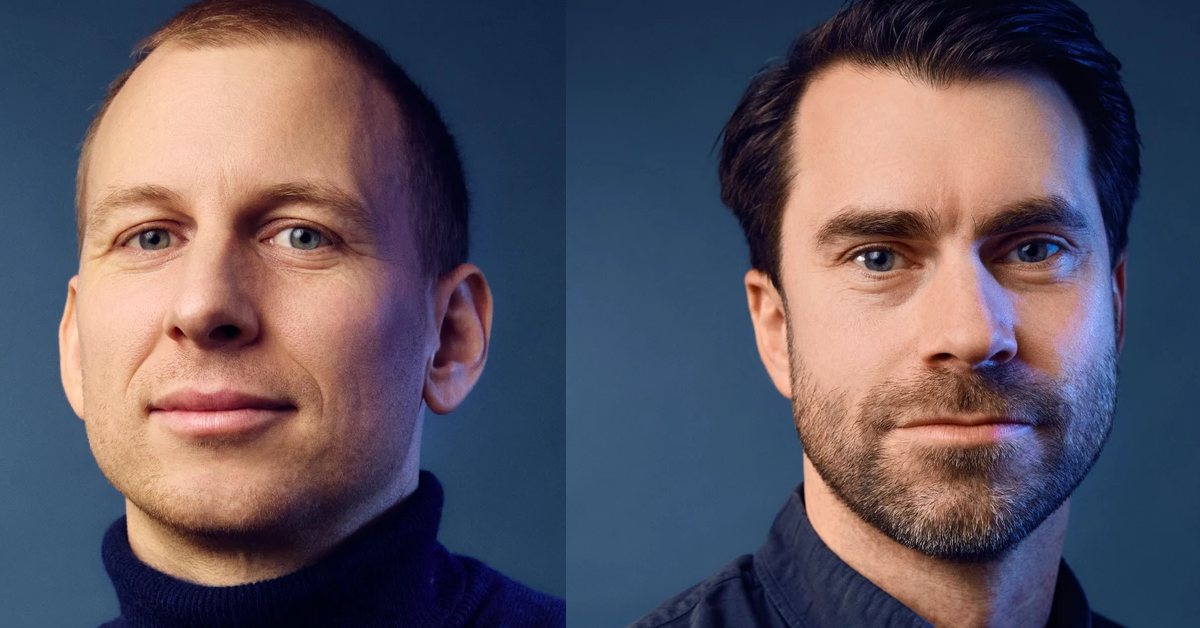
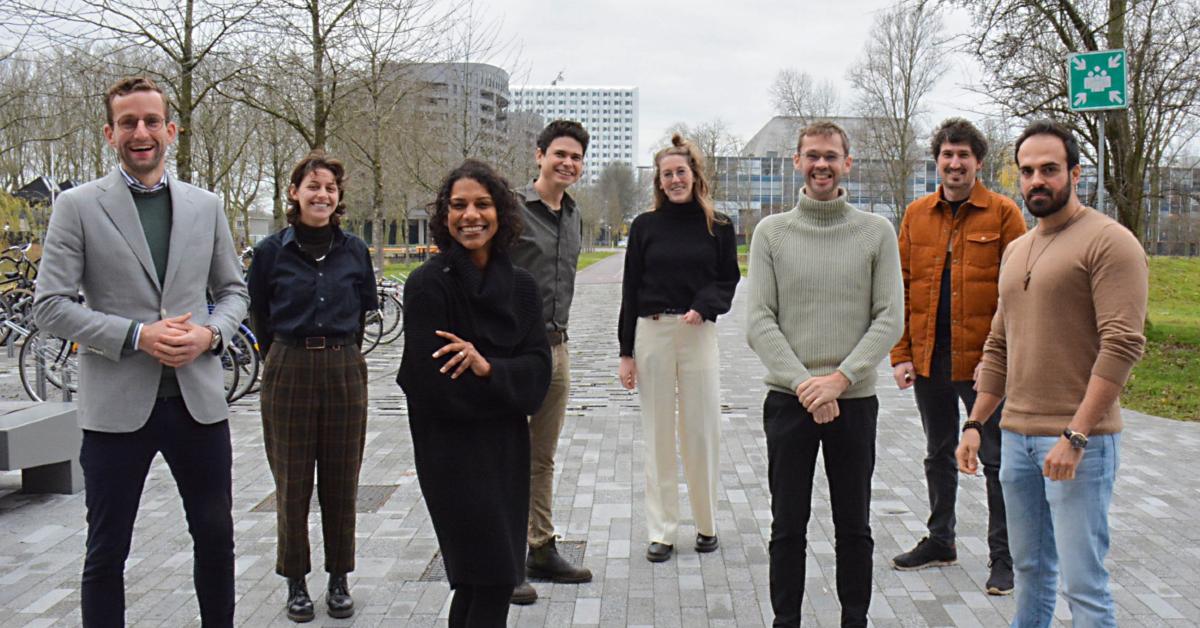
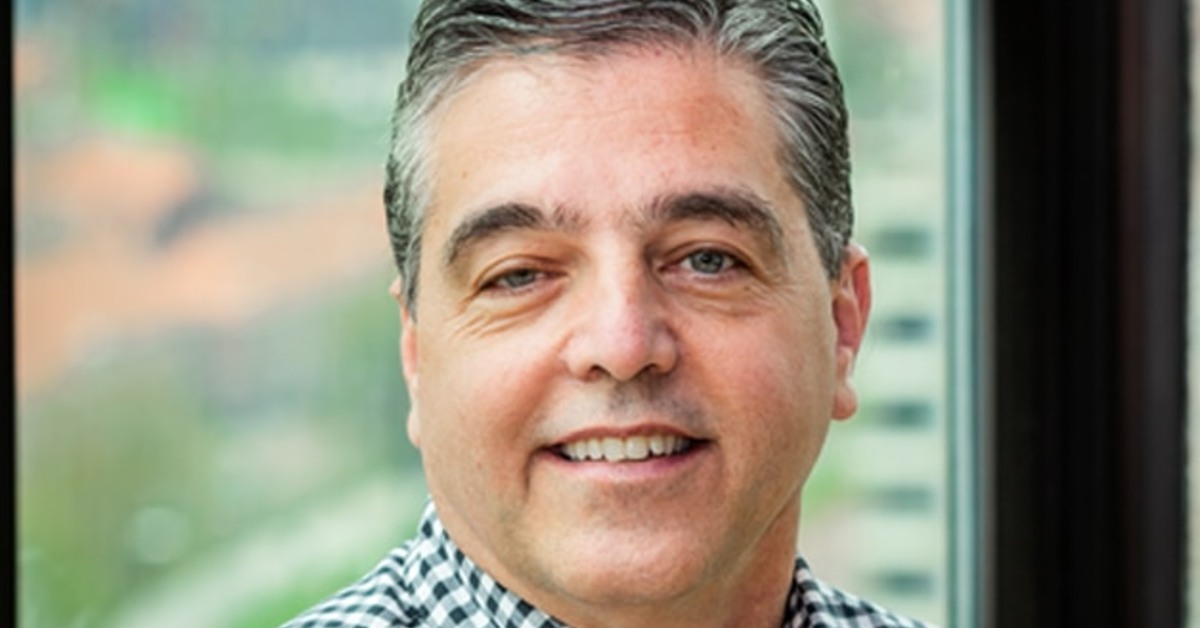
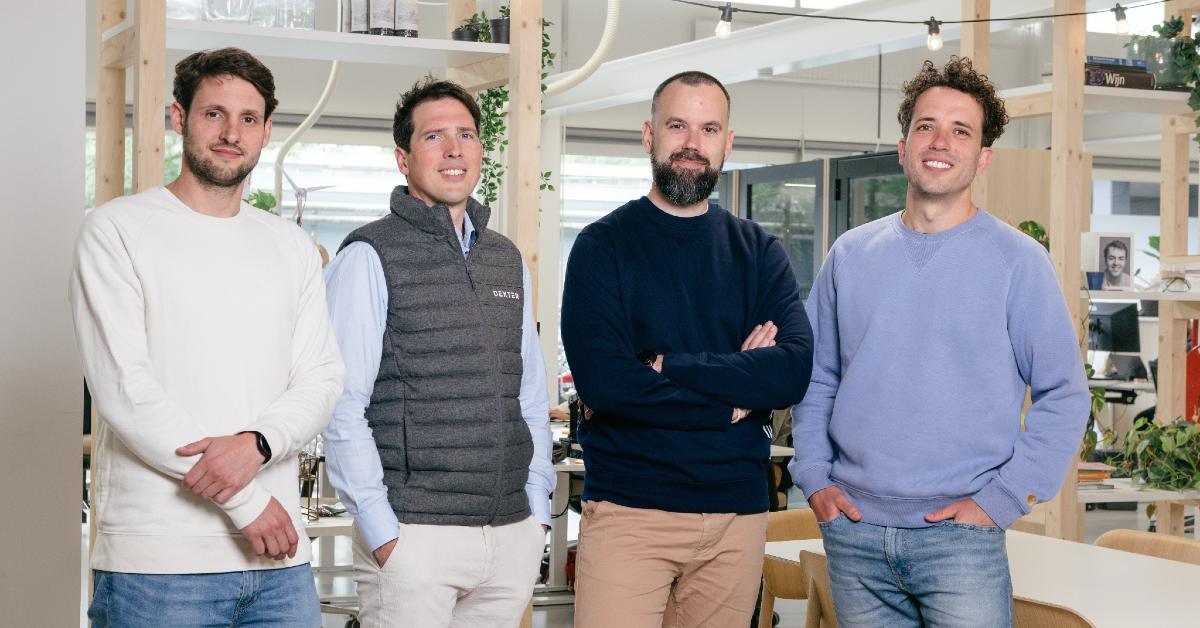
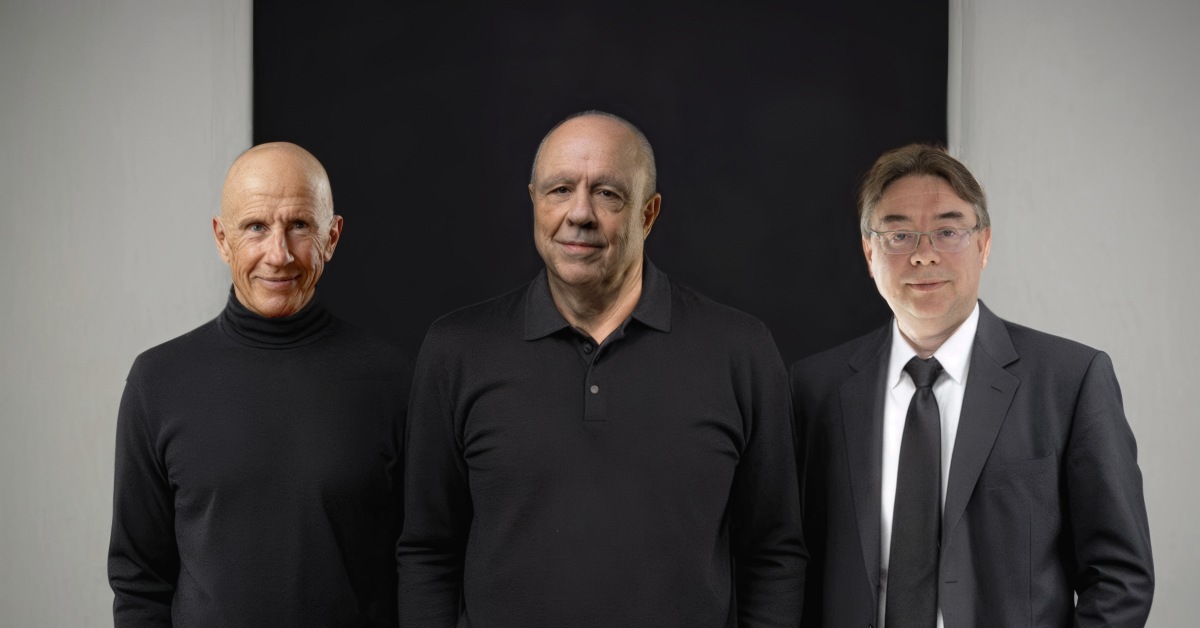

01
From telecom veteran to Dutch Startup Visa success: The Jignesh Dave story